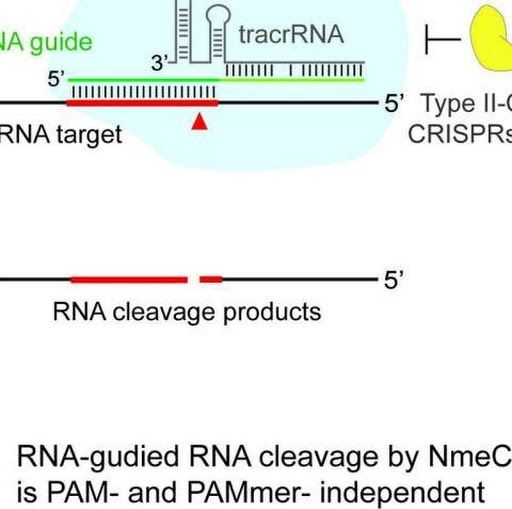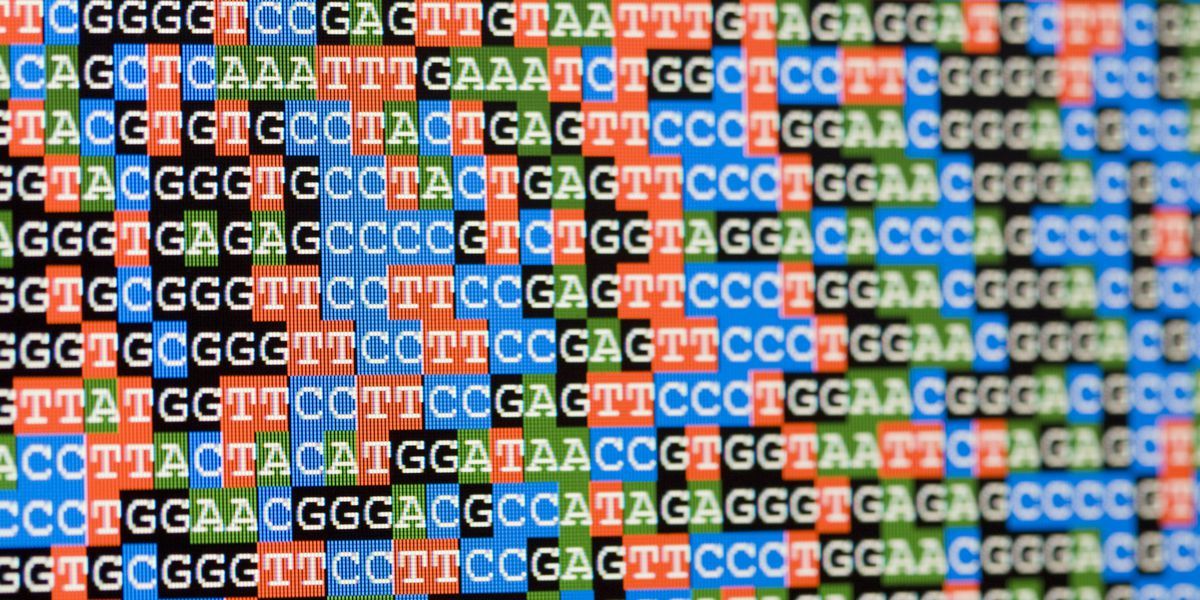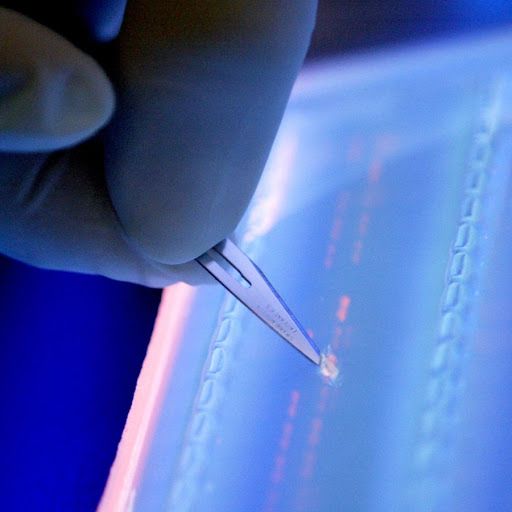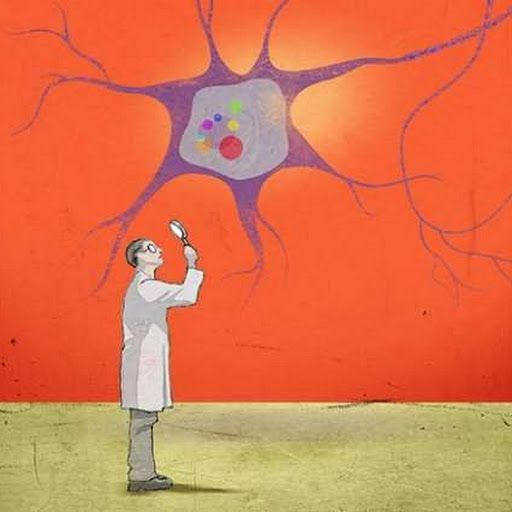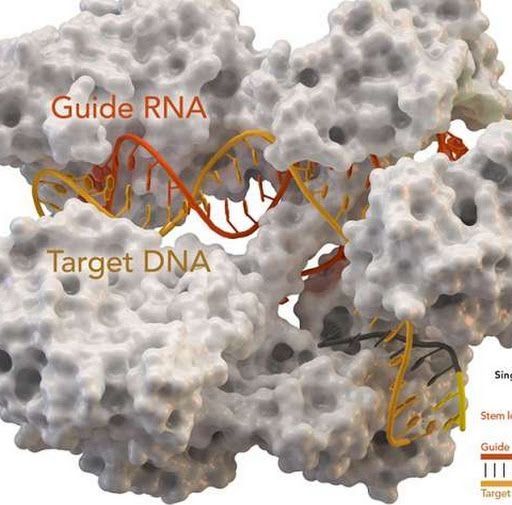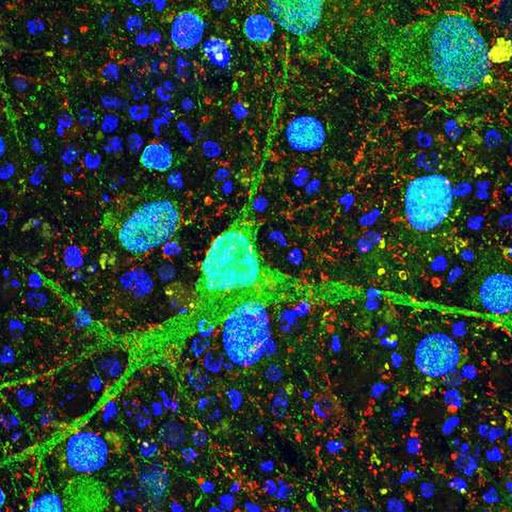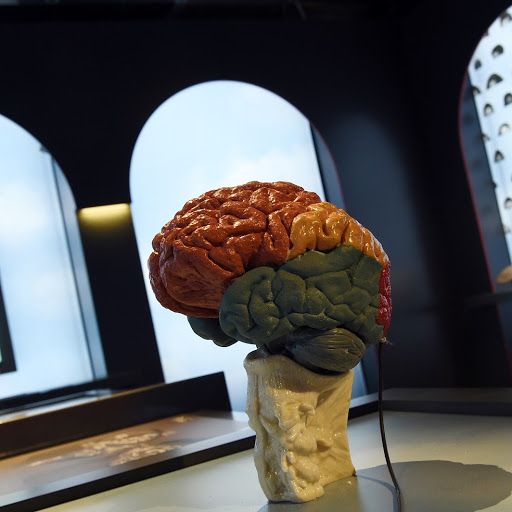Feb 17, 2018
New CRISPR method strategically targets gene mutations to correct DMD heart defect
Posted by Genevieve Klien in categories: biotech/medical, genetics
Researchers at UT Southwestern Medical Center have developed a CRISPR technique to efficiently correct the function of heart cells in patients with Duchenne muscular dystrophy (DMD). It involves making a single cut at strategic points along patient’s DNA, with the team claiming their new approach has the potential to correct most of the 3,000 mutations that cause DMD.
Duchenne muscular dystrophy (DMD) is one of nine neuromuscular disorders that affect the strength of muscles and nerves, specifically caused by defects in the gene that makes the dystrophin protein. Typically, one in every 3,500 boys born will be diagnosed with the disease at around three to four years of age, with their ability to walk gradually decreasing until they reach young adolescence. Most patients live until their 30s, but will require a wheelchair and respirator as the muscles in vital organs deteriorate over time.


